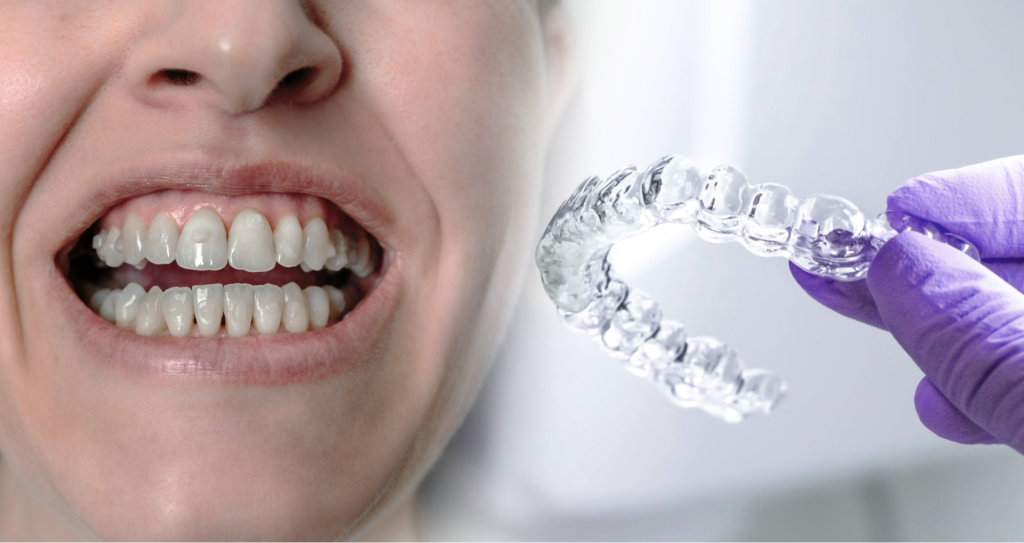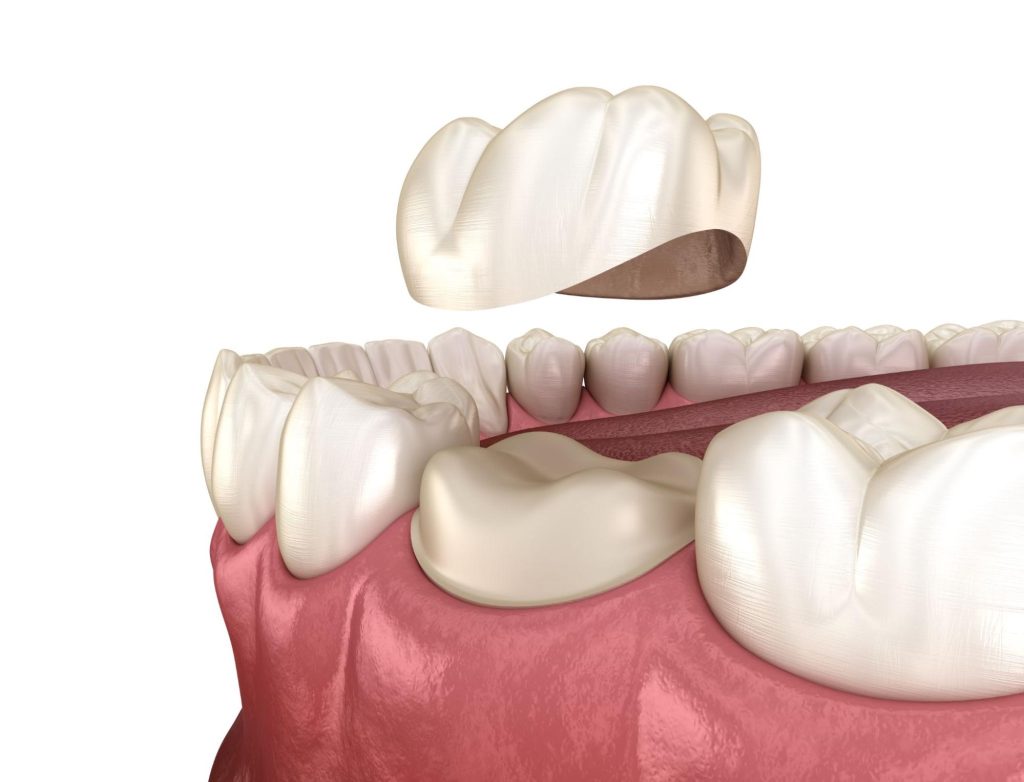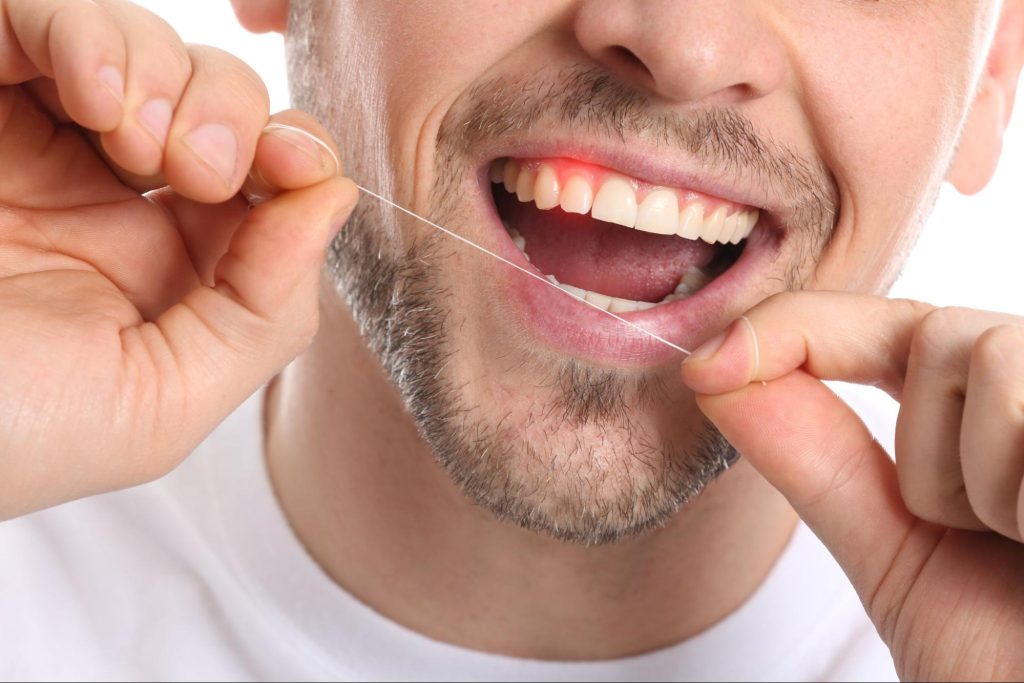Gums play a crucial role in your overall oral hygiene. They support your teeth and hold them in place. Accumulation of plaque and tartar on your teeth can lead to gum disease, which, if not treated, may eventually cause tooth loss.
If you notice that your gums are bleeding during your routine oral care, it could be a sign of a problem in your gums or poor oral hygiene. It can also signify a serious medical condition that needs immediate medical attention. Although bleeding gums may be alarming, your dentist will help you find out the main cause and treat it before it advances to a more serious condition. Here are five reasons why your gums are bleeding.
Gum Disease
Gum Disease occurs when tissues supporting the teeth become infected. Gum disease is very common in Australia, with 22.9% of the Australian population having moderate to severe gum disease. Poor oral hygiene causes the build-up of plaque—a sticky substance that contains bacteria. If left for a long time, it can develop into gingivitis, which is a mild form of gum disease.
When left untreated, gingivitis advances to periodontitis—a more serious form of gum disease. Periodontitis causes the gum sockets to loosen, swell, and start bleeding.
Brushing or Flossing Too Hard
Most people associate brushing or flossing hard with clean teeth. However, this is not true. Brushing too hard may injure your enamel and gums and cause pain and bleeding. In the same way, flossing too hard hurts your gums by pressing too hard on your gum line. When you floss too hard, you dig underneath your gums and expose the roots.
Rather than use so much pressure, you can apply gentle repetitive motions when brushing as this will protect your teeth, gums, and your brush as well.
Pregnancy
Bleeding gums are common in pregnant women. During pregnancy, women undergo hormonal changes, which make them susceptible to developing bleeding gums. Hormonal fluctuations are likely to cause gum inflammation and soreness, associated with bleeding gums.
With good oral hygiene methods, you can prevent gum bleeding during this period. However, if you are experiencing severe gum bleeding, you may need to schedule an assessment with your dentist to recommend the best treatment options.
Poor Oral Hygiene Habits
Poor oral hygiene is a common cause of bleeding gums. If you don’t brush your teeth properly, the food debris and dirt trapped between your teeth and gum line accumulates to form plaque. If the plaque is not removed, it hardens, becomes difficult to remove, and can cause gingivitis.
Health Problems
Various health issues may compromise your immune system and cause you to develop bleeding gums. People with anaemia, especially the type associated with Vitamin B12 malabsorption, are more likely to suffer bleeding gums. Other health issues like oral cancer, leukaemia, and viral infections like HIV may cause gum bleeding.
How to Stop Bleeding Gums
Bleeding gums can be uncomfortable. So, what do you do when your gums are bleeding?
Floss Daily
Flossing is a critical oral hygiene routine. When you floss, you dislodge the food particles stuck between the teeth and underneath the gums to avoid plaque build-up.
Brush Often
Brushing your teeth and gums removes food debris from your gum line and strengthens the surrounding tissue. Dental health professionals recommend brushing your teeth twice a day for at least 2 minutes with fluoride toothpaste and a toothbrush with soft bristles to help keep your teeth and mouth healthy and prevent gum bleeding.
Maintain a Healthy Lifestyle
According to the Australian Society of Orthodontics, stress can affect your oral health by interfering with your immune system, changing the natural healing process of your body, or even causing you to neglect your mouth care regimen. Stress can also change your eating habits and cause you to take foods that may affect your teeth and gums, like candies. Speaking to your healthcare provider can help you out of stress. Also, eating a balanced diet will keep your teeth and the surrounding tissues healthy and strong.
See Your Mosman Dentist Regularly
Visiting your dentist for professional cleaning will help remove any hardened plaque and tartar, which may be difficult to remove during routine dental care. During the regular check-up, your dentist can identify any early signs of gum infections and treat you before they advance into serious medical problems.
Book Your Dental Checkup Today!
Proper oral hygiene is crucial in maintaining healthy gums and teeth. Paying more attention to your dental care will help you eliminate the possibility of developing gum disease and any other related gum infections which may cause gum bleeding.If you have sore and bleeding gums and are looking for professional dental care, Mosman Fine Dental is here to help. Contact us today to schedule an appointment!



